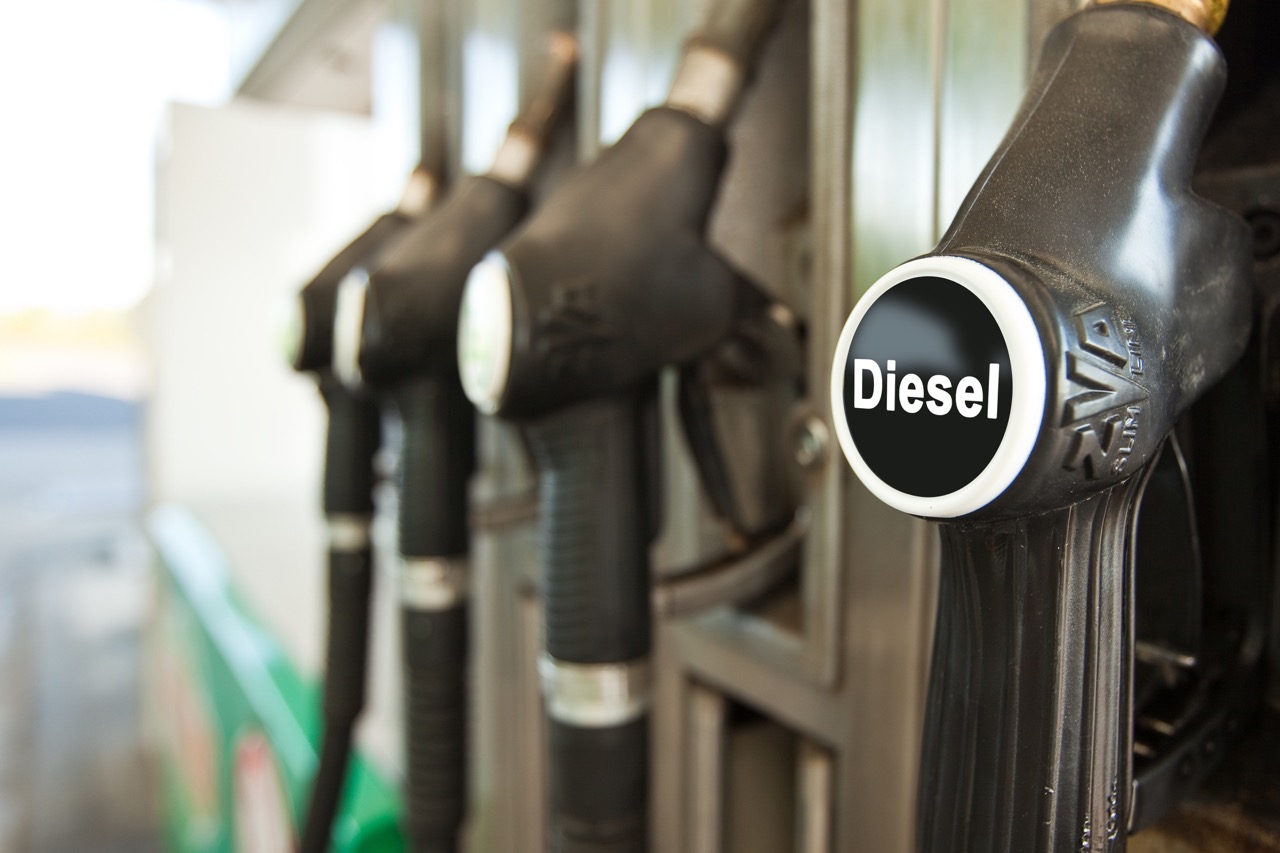When considering diesel vs gasoline, many people are unsure about which type of vehicle is right for them. Both have their pros and cons, so it’s important to do your research before making a decision. Here’s a quick rundown from Schulz Garage regarding the key differences between diesel and gasoline vehicles, and why it’s important to have a diesel mechanic who knows what they’re doing.
Pros and Cons of Diesel vs Gasoline
Diesel vs gasoline has been an ongoing debate for many years. Every vehicle owner has their preference and opinions regarding the two options, as each type of fuel source is associated with a variety of pros and cons.
- Diesel fuel has been known to be more energy efficient and generally provide more torque and power. On the other hand, it’s notoriously heavier and less efficient in colder climates.
- Gasoline tends to be cheaper than diesel, easier to find at any filling station, but usually results in lower performance levels on vehicles.
Both types have their merits depending on the driver’s needs, environment, and wallet size.
Comparisons Between Diesel and Gasoline
When it comes to fuel efficiency, diesel engines have a clear advantage in that they are more efficient when using the same amount of fuel compared to gasoline – meaning they’ll get you further on less.
In terms of emissions, diesel engines still pose some environmental concerns, however, advancements over the last few years have reduced their impact significantly – making them cleaner and better for the environment.
Power is a matter of preference in this case since diesel engines produce more torque but less horsepower than gas.
Cost-wise, although diesel cars cost slightly more upfront than gas cars, the difference in long-term savings due to increased efficiency makes up for any difference.
Lastly, for mechanics servicing each engine, diesel has additional requirements such as all filters must be changed and likely will require special tools or knowledge of fuel injection systems to service properly – making a diesel vehicle slightly more complex mechanically.
Ultimately it’s best to decide which option better suits one’s needs; both have options to consider though, so getting informed before investing is key.
The History of Diesel Engines
After nearly a century of progress, diesel engines have become an invaluable part of modern life. The concept of the diesel engine and its fundamentals have been around since the late 1800s, but it wasn’t until Rudolf Diesel perfected further concepts in the early 1900s that we started to see it become popular in vehicles. Nowadays, diesel is known as a reliable and fuel-efficient choice for powering many types of vehicles from trucks to used cars. Some locations even offer tax or financial incentives for buying diesel vehicles due to their environmental benefits compared to traditional gasoline models.
The Basics of a Diesel Engine vs a Gasoline Engine
Compared to a gasoline engine, a diesel engine works in a more basic, straightforward way. With a diesel engine, the fuel is injected directly into the combustion chamber—it does not need spark plugs or ignition like the gasoline engine does. This is why it’s important to bring your vehicle to a diesel mechanic if you’re due for a tune-up or need repairs.
In contrast, the gasoline engine needs a spark from the spark plugs to ignite its air/fuel mixture. The compression ratio of a diesel is also much greater than that of a gasoline engine, meaning that air is compressed at incredibly high pressure and temperature before it combusts. This heightened heat enables easier ignition which results in amazing efficiency and low emissions with little waste energy. Both sorts of engines have their pros and cons, but one thing is clear: diesel engines overcome gasoline engines when it comes to less complicated operation and lower emissions requirements.
Choosing Which is Right For You
Consider your lifestyle and how a car, motorcycle, or truck will fit into it. Do you need something economical and reliable to get around town? Or are you looking for something beefy with power to spare for the open roads? Make sure to think about all these factors before making your decision – after all, there’s no one-size-fits-all answer when it comes to cars.

